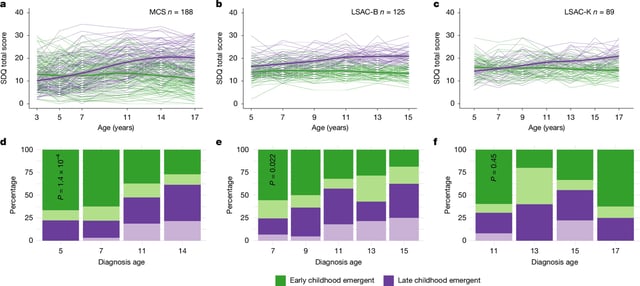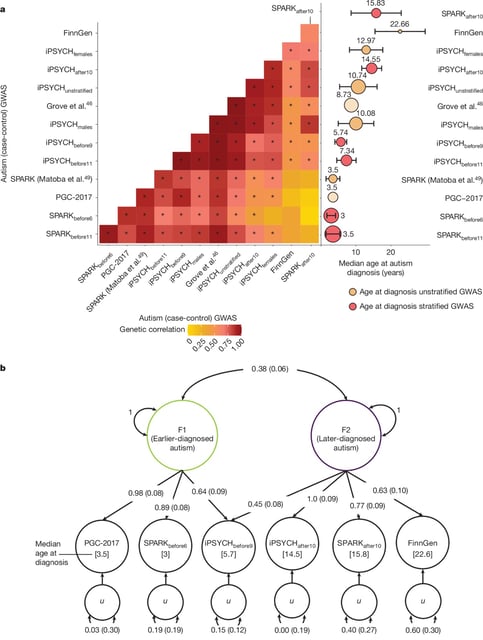Overview
- Published in Nature, the international analysis combined longitudinal behavioral data from UK and Australian cohorts with genetic data from more than 45,000 autistic individuals in Europe and the United States.
- Two broad trajectories emerged: earlier diagnoses followed early-appearing social and communication difficulties, while later diagnoses were tied to escalating socioemotional challenges during adolescence.
- Later-diagnosed autism showed a closer polygenic resemblance to ADHD, depression and PTSD than to early-diagnosed autism, challenging assumptions that later cases are simply milder.
- Researchers report that common variants explain about 11% of variation in age at diagnosis, comparable to individual sociodemographic and clinical factors, and note that age at diagnosis is an imperfect proxy.
- Authors, including Xinhe Zhang and Varun Warrier, emphasize gradients rather than discrete categories and call for validation in more diverse samples and studies of gene–environment and social factors to inform personalized support.



